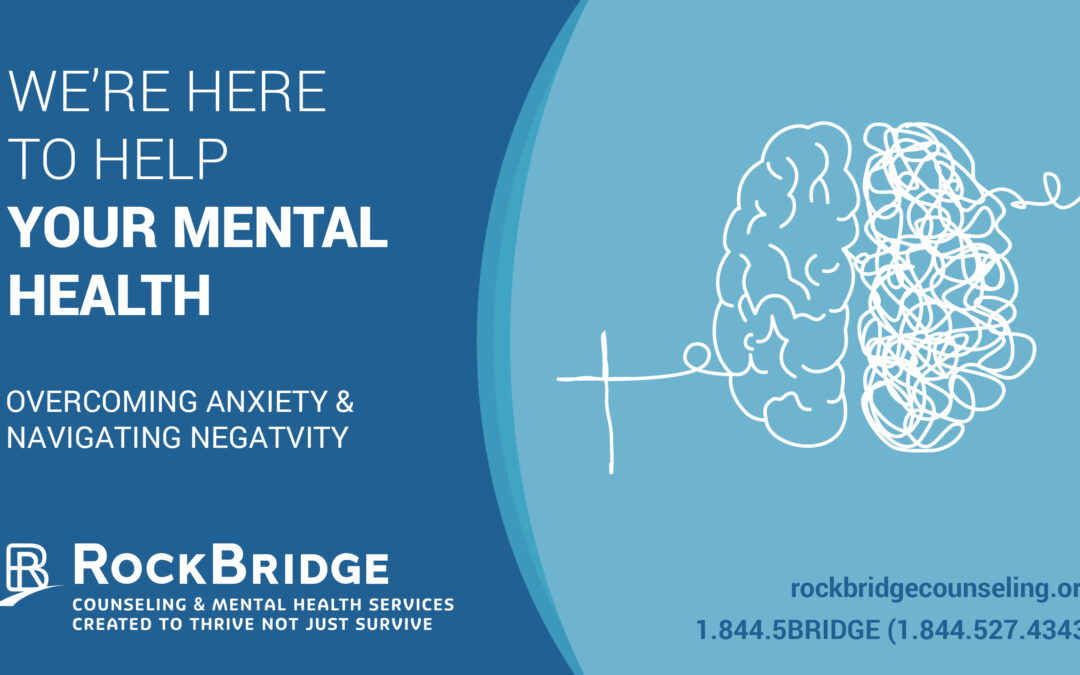Mental health is a complex topic that can be difficult to understand, and even harder to navigate without professional help. Many people mistakenly believe that mental illness only affects those who suffer from extreme levels of distress and chaos. The reality is much different, as people of all ages, genders, races and backgrounds display signs or manifest symptoms associated with mental health issues every day. Understanding the basics of mental health can help determine what steps you should take in order to get the care and treatment you need for your own or someone else’s well-being.
What is Mental Health and How Can It Affect Us?
Mental health refers to an individual’s emotional, psychological and social well-being. It encompasses a range of factors, such as how we feel about ourselves, our relationships with others and our ability to handle life’s challenges. Mental health influences how we think, feel and act, playing a critical role in our capacity to enjoy life and realize our potential.
It is also essential to differentiate between mental health and mental illness, as they are not mutually exclusive concepts. While mental health represents a state of well-being, mental illness refers to various conditions that affect an individual’s thoughts, emotions or behaviors, often disrupting daily functioning. Understanding the distinction between these two concepts helps to raise awareness and promote a more comprehensive approach to overall health and well-being.
What Factors Affect Mental Health?
It’s important to identify and understand the many factors that can affect a person’s mental health. Biological factors, such as genetics and brain chemistry, play a significant role in determining one’s predisposition to mental health issues or resilience against them. Life experiences, including traumatic events or abuse, can also significantly affect a person’s mental health, potentially leading to lasting psychological consequences if not addressed appropriately.
Additionally, a family history of mental health problems can contribute to an increased risk of developing similar issues, as it combines genetic predispositions with learned behaviors and coping mechanisms. By understanding these factors, we can better comprehend the complexities of mental health and develop effective strategies for prevention, intervention and treatment.
What are Some Common Mental Disorders?
Common mental health disorders include mood disorders, anxiety disorders, personality disorders, psychotic disorders and eating disorders.
- Mood disorders, such as depression and bipolar disorder, impact our emotional state and can cause persistent feelings of sadness and hopelessness, or extreme mood swings.
- Anxiety disorders, including generalized anxiety disorder, social anxiety disorder and panic disorder, are characterized by excessive worry, fear or nervousness that interferes with daily life.
- Personality disorders, such as borderline personality disorder and narcissistic personality disorder, involve enduring patterns of behavior and thought that deviate from cultural norms and impair functioning.
- Psychotic disorders, such as schizophrenia, involve a distortion of reality, often manifesting as hallucinations and delusions.
- Eating disorders, such as anorexia nervosa, bulimia nervosa and binge eating disorder, are characterized by unhealthy relationships with food and body image.
Identifying the early warning signs and getting appropriate treatment for these mental health conditions are crucial for managing symptoms and improving one’s overall health and quality of life.
Identifying the Signs & Symptoms of Poor Mental Health
Recognizing the signs of poor mental health is crucial for early intervention and effective management of mental health issues. Emotional symptoms such as mood swings, irritability or excessive worry can indicate that an individual is struggling with their mental well-being. Behavioral symptoms, including social withdrawal, changes in appetite and substance abuse, can also be red flags that one’s mental health may be compromised. Cognitive symptoms, such as difficulty concentrating, decision-making challenges or memory problems, can further signify that an individual is experiencing mental health difficulties.
Importance of Mental Health Awareness
Mental health awareness is essential for creating a supportive and understanding community for those struggling with mental health issues. Raising awareness helps reduce the stigma surrounding mental health, making it easier for individuals to openly talk about their struggles without fear of judgment or discrimination. This openness encourages early intervention, which is vital to address mental health concerns before they escalate and become more challenging to manage. When society is well-informed about mental health, it paves the way for a more empathetic, compassionate and healthier world.
Strategies for Maintaining Good Mental Health
It’s just as important to take care of your mental health as your physical health. Lean into a mindful approach:
- Prioritize self-care to foster a healthy mind-body connection: get enough sleep, maintain a balanced diet and engage in regular exercise.
- Reduce stress and promote relaxation through meditation, deep breathing exercises and mindfulness practices.
- Build strong relationships with friends, family and support groups, who can provide a network of emotional support and connection.
Also, seek professional help when necessary. Getting immediate crisis counseling — or consulting with therapists or psychiatrists — ensures that individuals receive appropriate guidance and treatment for their mental health concerns.
Getting Help – Mental Health Resources, Treatment & Support Options
It can be difficult to navigate mental illnesses alone, and it takes a lot of courage to seek out professional treatment and recovery options. With the right people and support, you can better handle stress and find the mental health resources you need.
At RockBridge, we have an experienced care team that can provide an individualized treatment process including immediate help, diagnosis, treatment planning and medication management. We strive to offer a trustworthy and confidential support system to help guide you toward proper care during tough times. Our ultimate goal is to provide a glimmer of hope and relief to those who seek our help. If you or someone you know is in need of mental health services, don’t hesitate to contact us today. We’re here to help.

